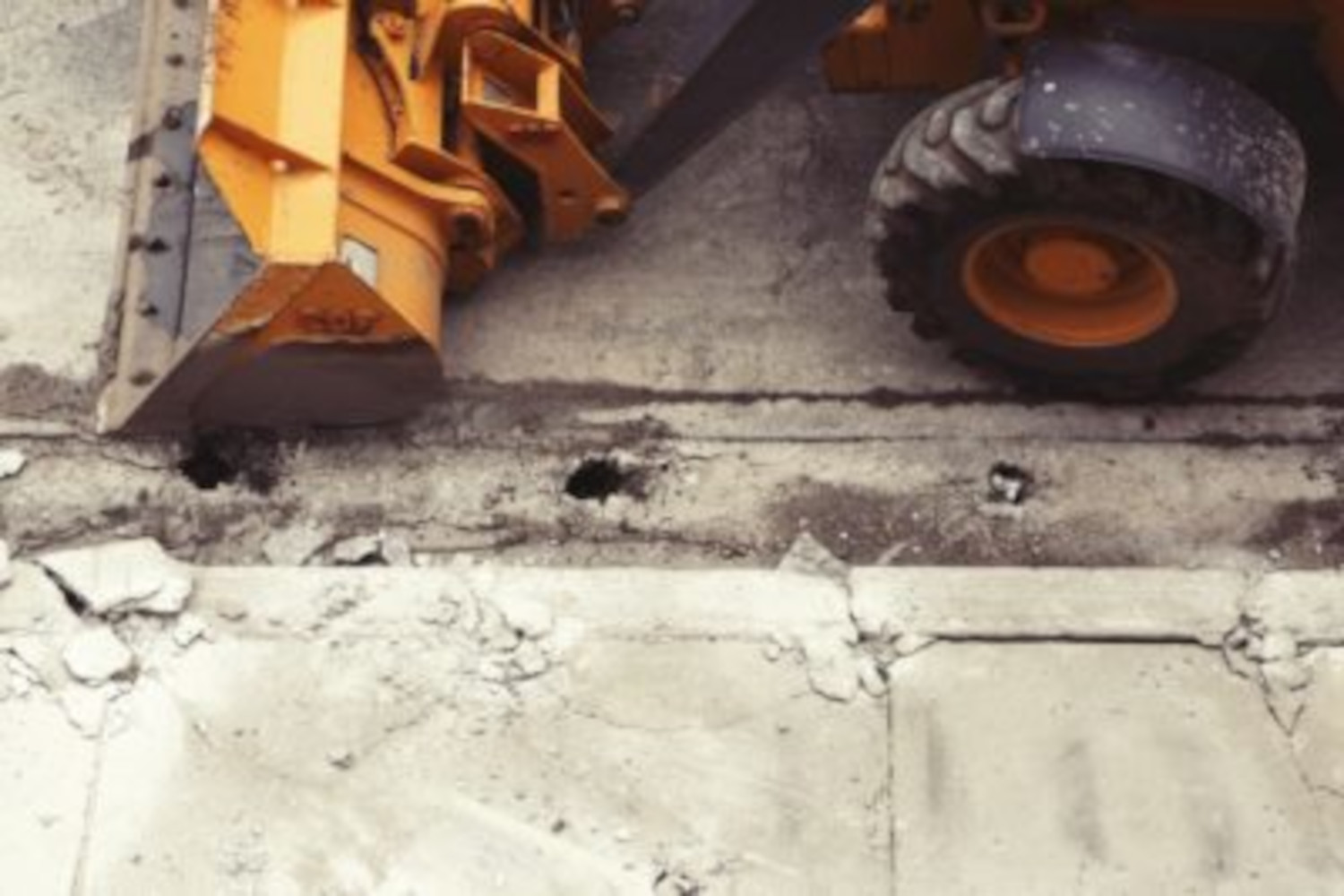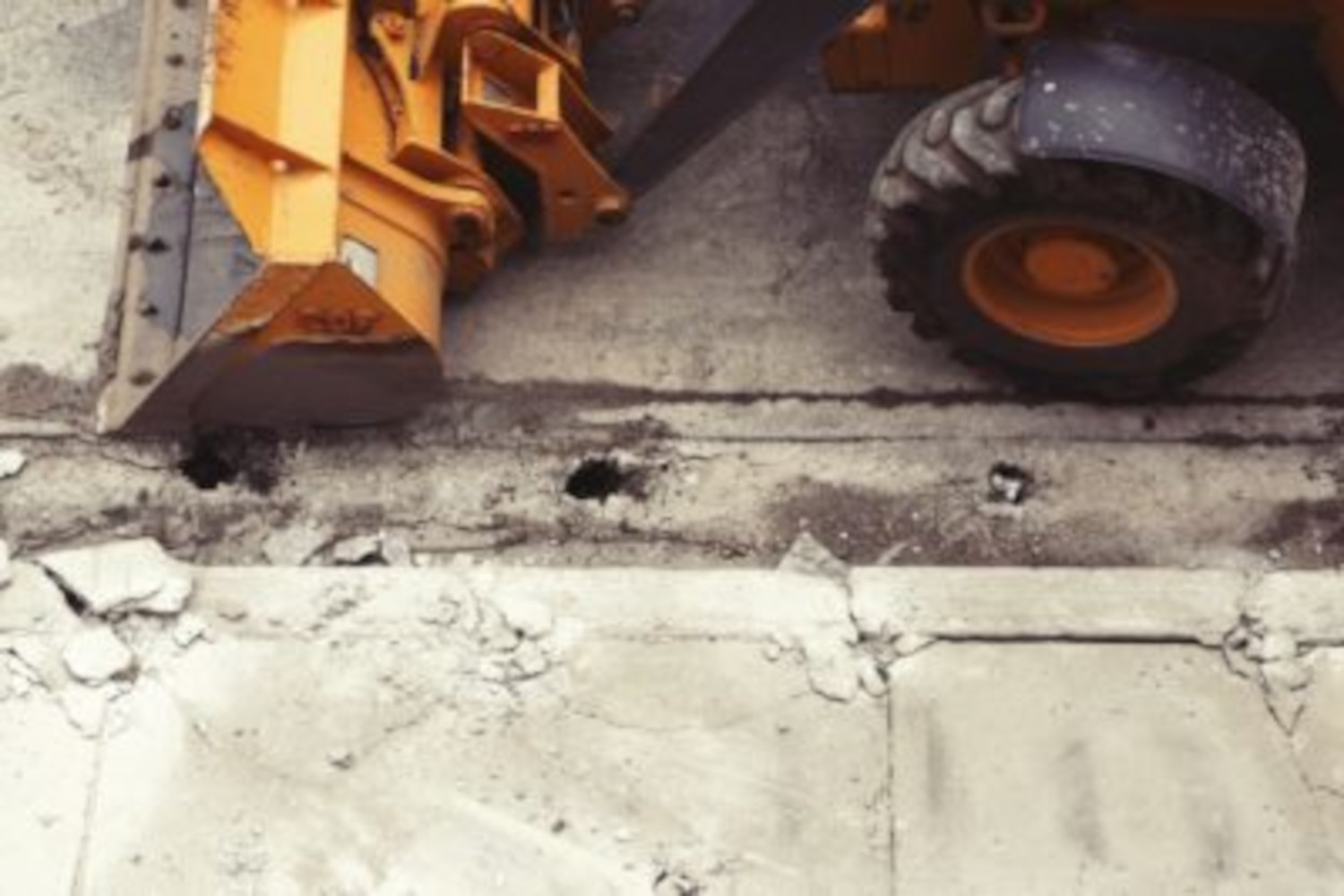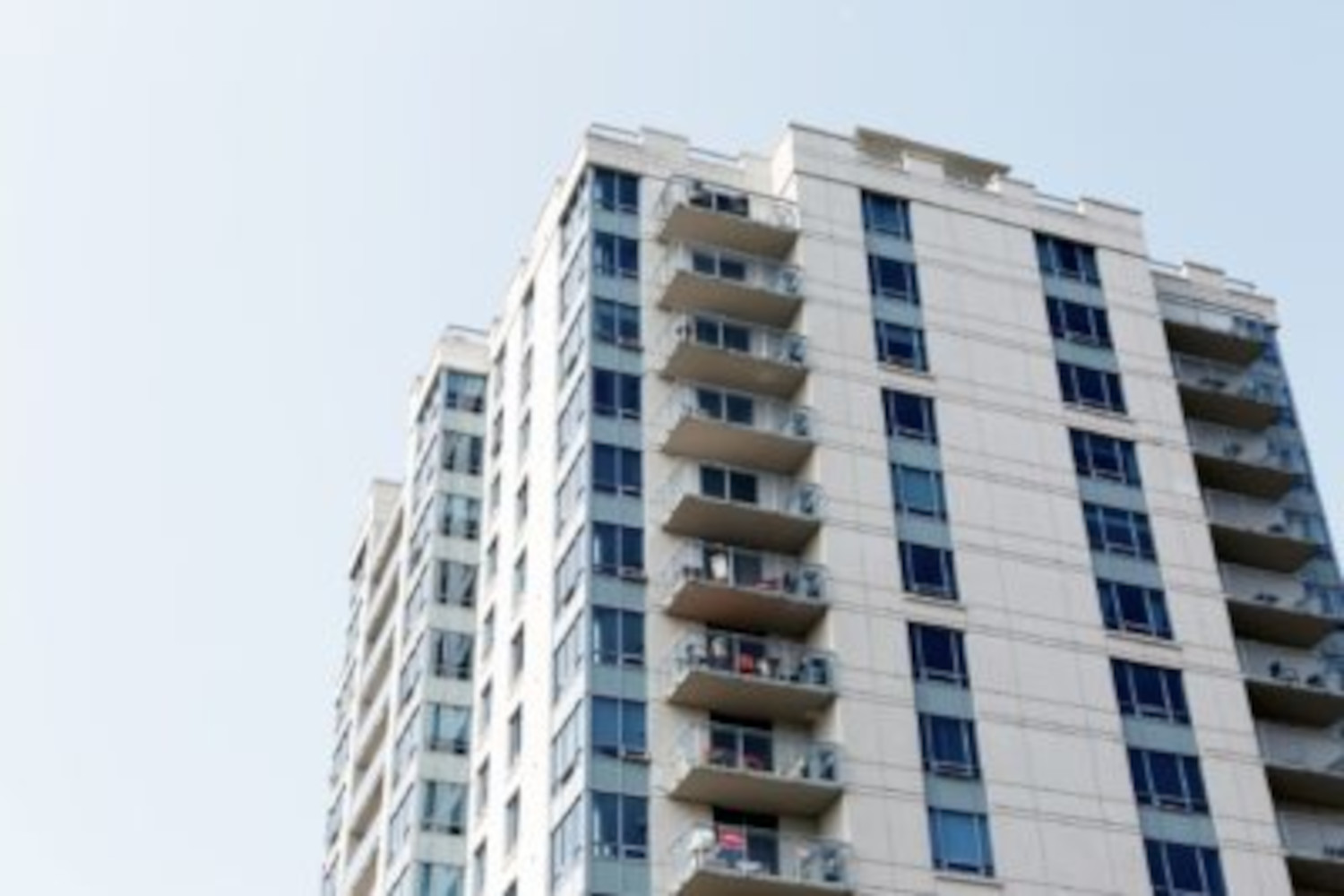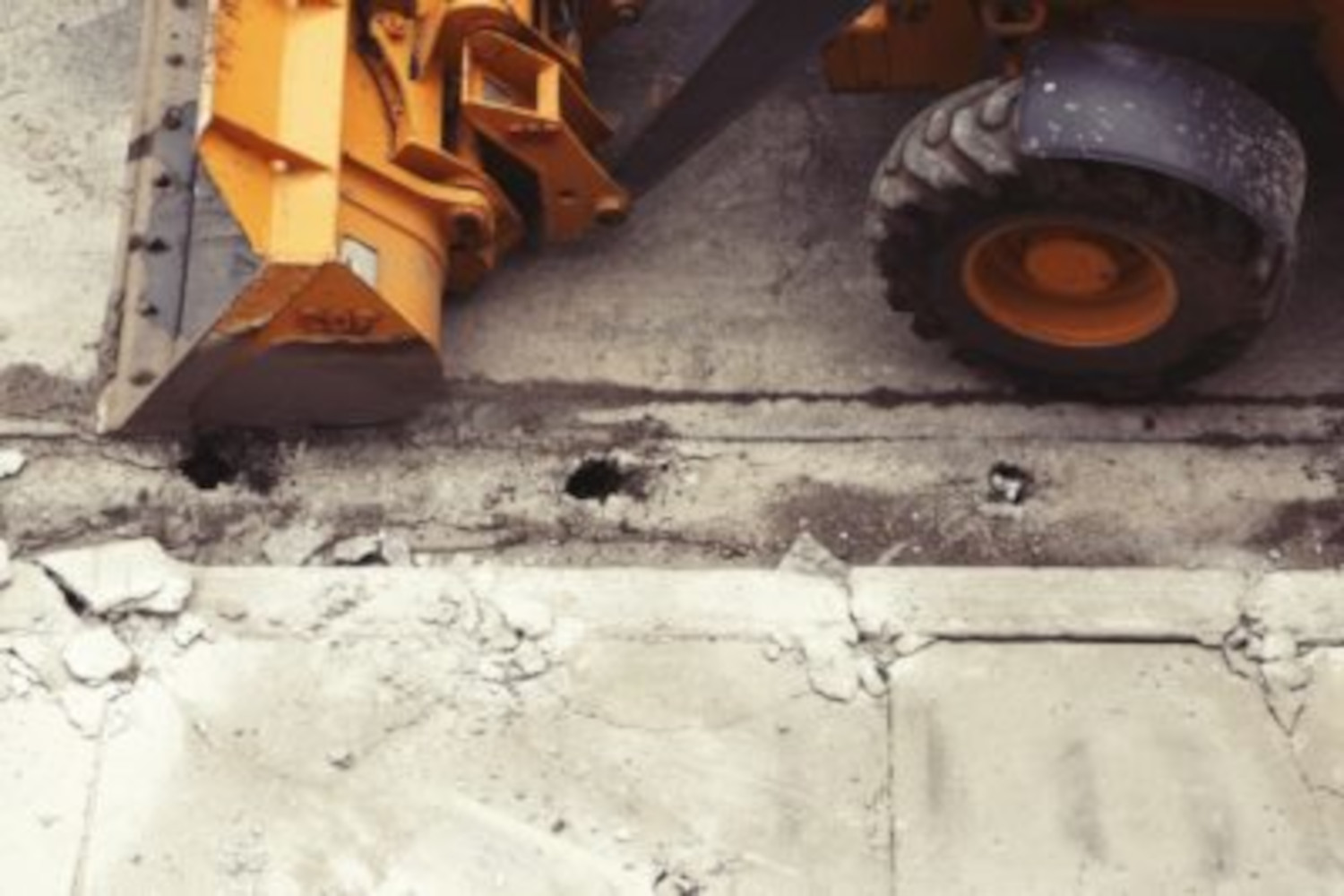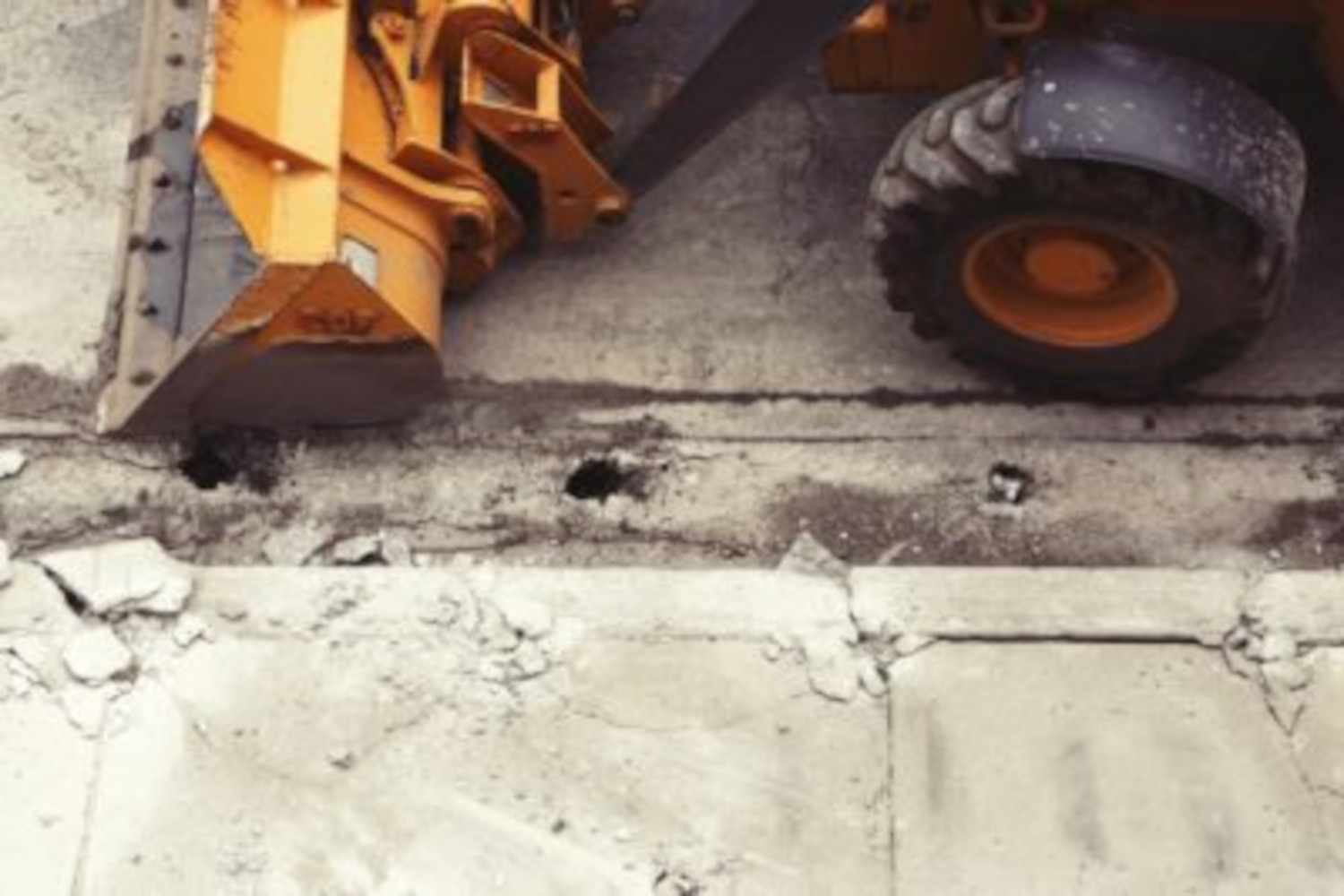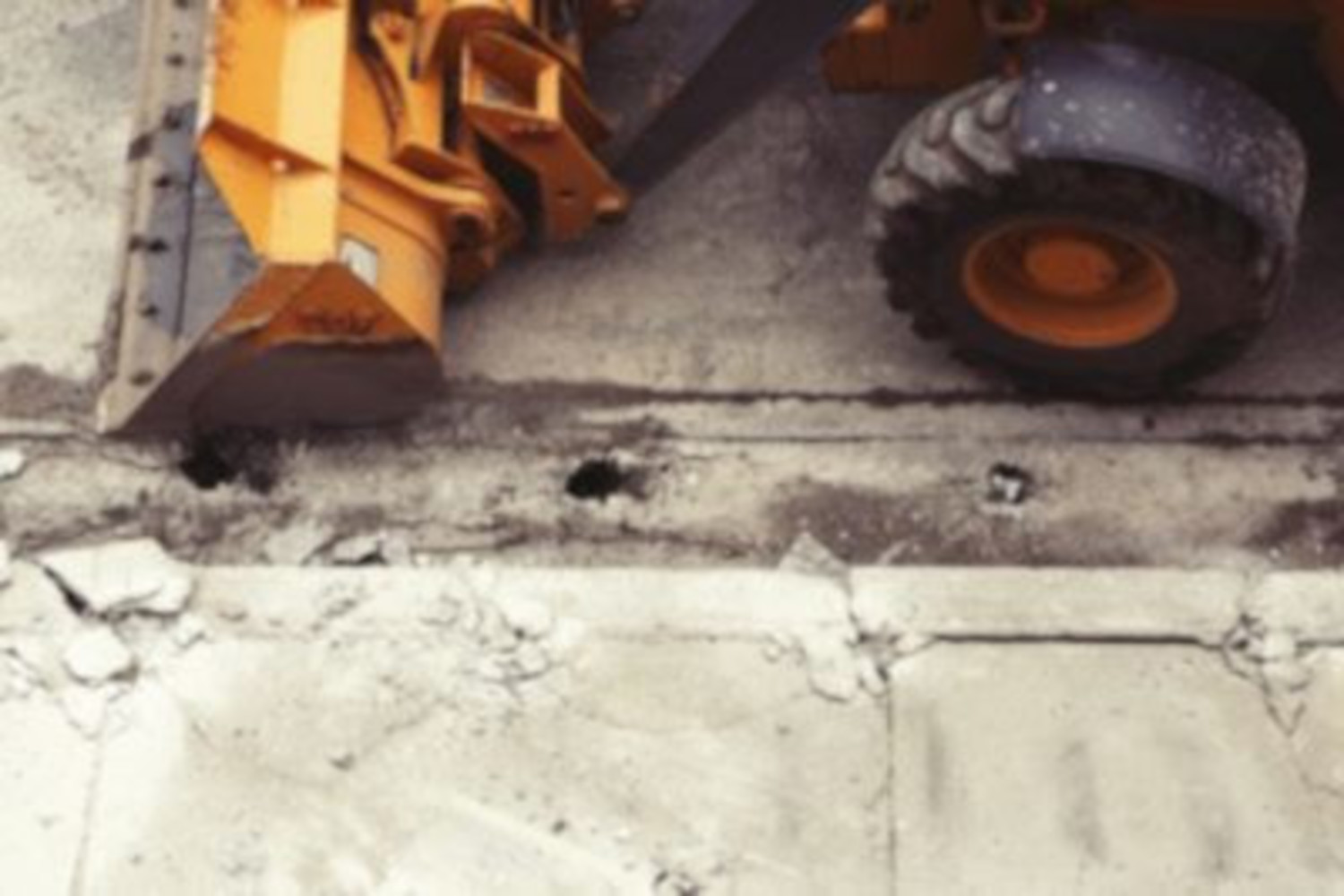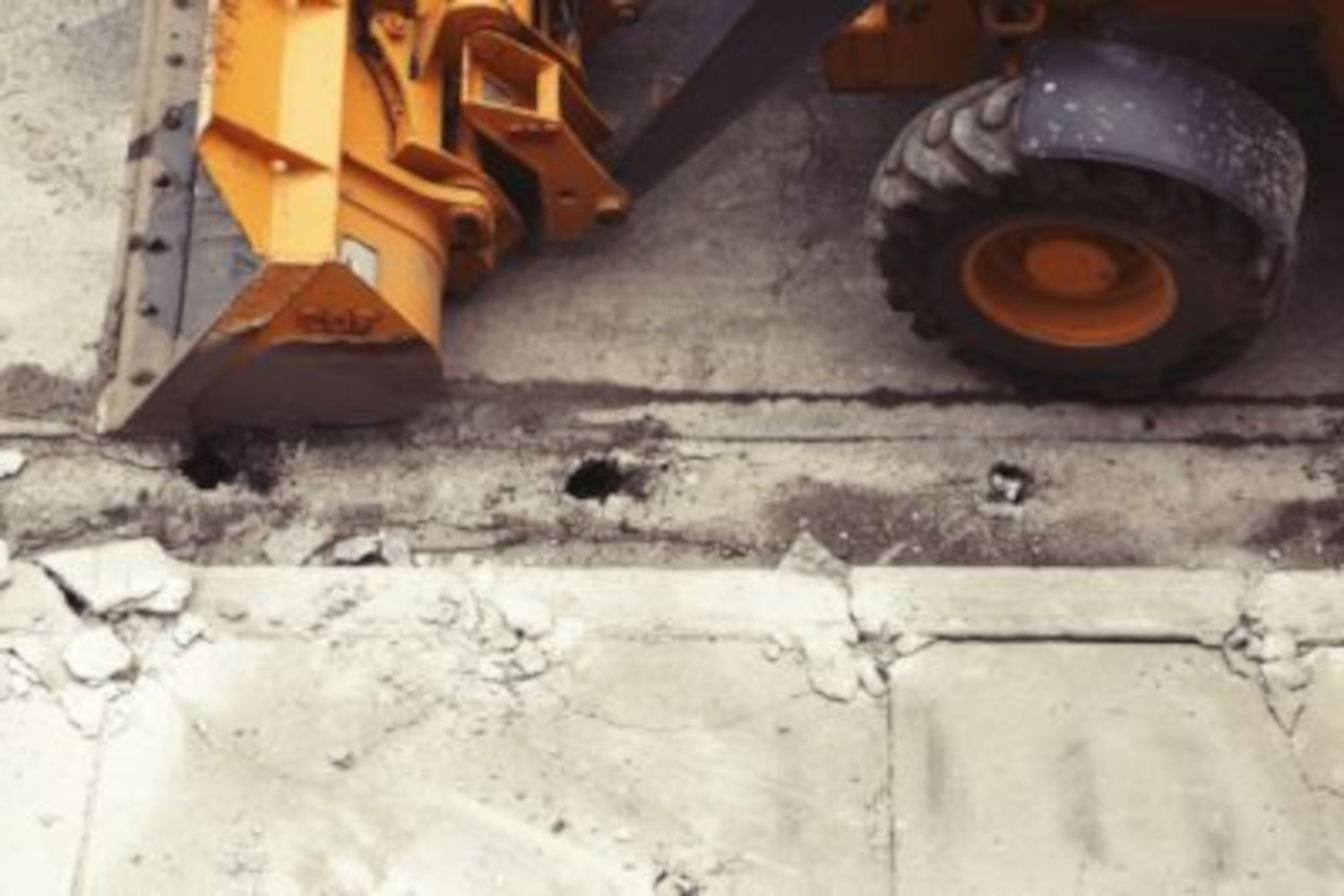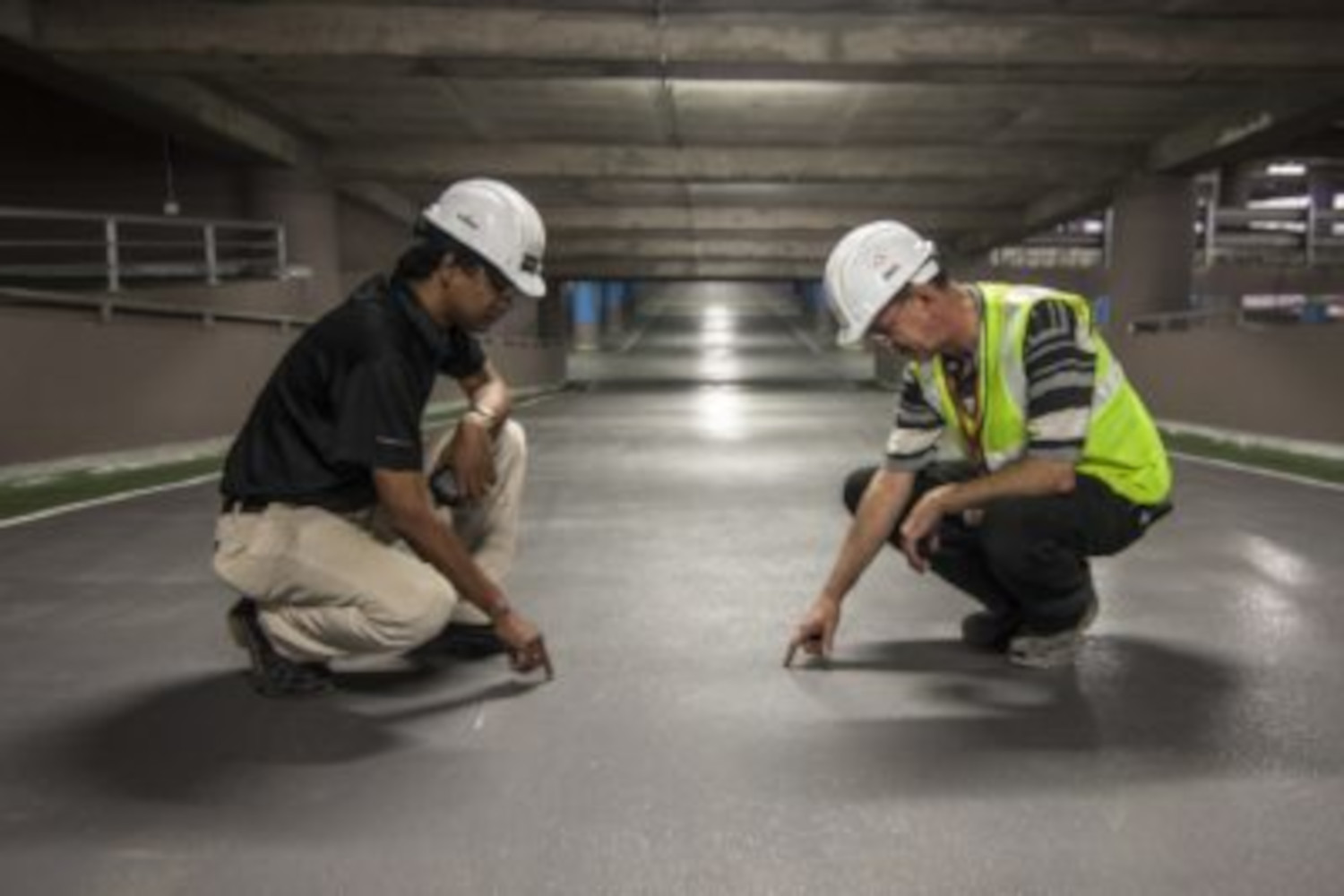
Unlicensed contracting is a huge problem in Florida, and the Florida Legislature and Courts have fashioned a host of penalties. See Penalties for Unlicensed Contracting in Florida. However, according to a recent opinion from Florida’s Fifth District Court of Appeals, the loss of a “statute of limitations defense” is not […]


